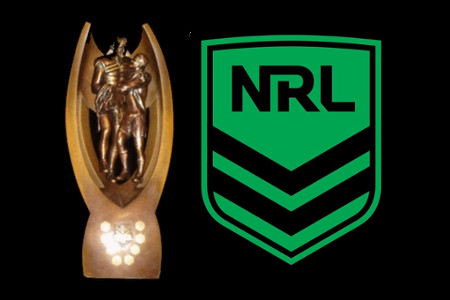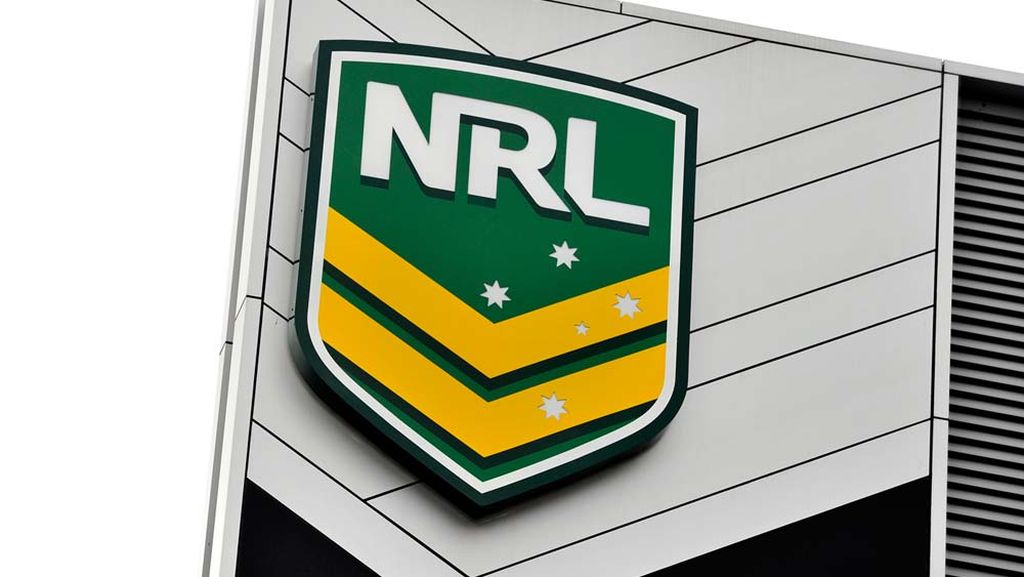The problem a lot of Super League teams are faced with is spending more money than they make. That is the simplistic answer to the financial issues dogging the likes of Salford, Castleford and Hull KR.
The salary cap sits at £1.65m. That means that clubs can spend up to that limit on wages and no more; some teams, my own club included, will not be spending to that limit in 2013 and one of the reason is because their outgoings overshadow what comes in year on year.
Clubs simply cannot operate like that when there is now such a reliance on self-sufficiency. They must at least break even every year, but that is much hardly said than done.
Take Salford for example, they are a club with a small supporter base that has battled at the bottom of Super League for years. If they were forced to at least break even on their current business model, where their expenditure mirrors their income, the likelihood is that they couldn’t sustain a Super League club because they’d be spending so little on player and staff wages and they’d have to rely even more on a bigger fan base, one that is not forthcoming, even with a new stadium, to generate more income.
A club must be pro-active in how they generate that extra revenue and every club will be different in how they approach this. If you look at my club, Hull KR; we lose money every year and it is always left to a select group to pick up the tab. Put simply, they can’t do that anymore and something has to change. If we get a large cash injection the money is likely to go into the same black hole. The club may in theory be a little bit better off but in the long run that won’t help either.
I’m afraid, considering this, that some may not be able to sustain a SL team in the next five years. It will not be feasible if we continue down the road we are headed.
The licencing system wasn’t brought in to give clubs financial certainty, although finance was one of the bullet points that clubs had to aim for in order to score highly when the applications were assessed. Unfortunately, a lot of clubs are overspending and one of the reasons is that they have been unable to attract large regular income streams.
The RFL are not there to hold clubs hands or pump money into black holes. Clubs have to be self-sufficient and that means standing on their own two feet. This is really difficult at the minute, and we all know why. Some clubs are losing long term sponsorship partners, others couldn’t even attract a main shirt sponsor until over half way through the 2012 season.
The domestic game is been held up by a bunch of blokes in boardrooms and although the governing body is making a profit year on year, that shouldn’t just be set aside for the top league’s financial strugglers.
The licencing system is a guide. Just like the salary cap. Not everyone pays to the salary cap limit, not everyone meets all of the criteria set.
And it doesn’t just stop there either. If a club decides to tender their Super League resignation and apply to join the Championship, they have to adapt to a salary cap much lower than the one they currently operate within. This in itself puts the automatic promotion and relegation issue to bed. It should not and will not return.
Catalans have been one of Super League’s real success stories and, if you remember, the first club that was granted an exemption against what was then relegation. Since then, they’ve made a Challenge Cup final, regularly compete in the playoffs and have brought through a whole host of young French players that has benefited Super League and the wider international game.
If that isn’t enough to convince you, then the only way the P&R mongers will get their wish is for the sport in Britain to return to being part time, which would effectively kill us off at international level.
Consider this: a Championship club gains automatic promotion to the top table, they’re forced to spend above their means to try and compete and would almost certainly be relegated the next season, leaving them with a mounting debt that would set them back years.
Look at Featherstone. They have steady crowds, have shown that they have a decent enough youth structure in place and live within their own means. If they are ‘promoted’ at the expense of bottom-placed Widnes, Featherstone then have less than 6 months to develop a squad capable of surviving their first season in SL. I would put money on the promoted side getting relegated in their first season every time. Widnes have shown this year that you can’t simply bang a load of average players together and be competitive; they’ve had 40+ points put past them on many occasions this season, which only highlights how difficult it is to make the jump. Hence the 3-years they’ve been given to build a club capable of being competitive.
That is exactly why the RFL abandoned the dinosaur idea that is automatic promotion and relegation. It helps nobody and it certainly isn’t the way forward if Super League clubs are not self-sustainable.
Visit Adams Site At: http://www.hkrawaydays.co.uk/










The most basic of all the underlying problems in English RL is that all the “professional” clubs get a vote. This includes Champs and Champs1 clubs. The RFL needs an independent committee/board/sub-group to make decisions for the elite comp.